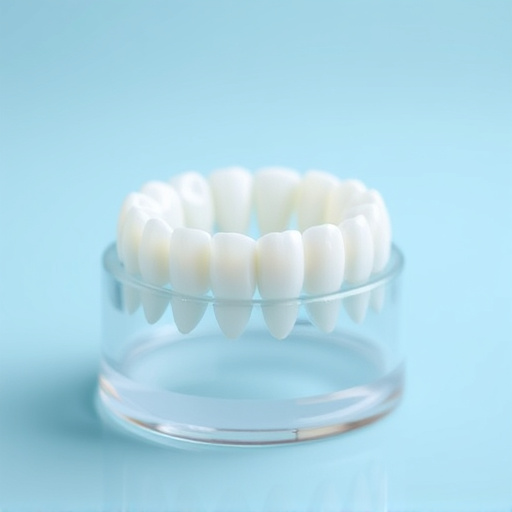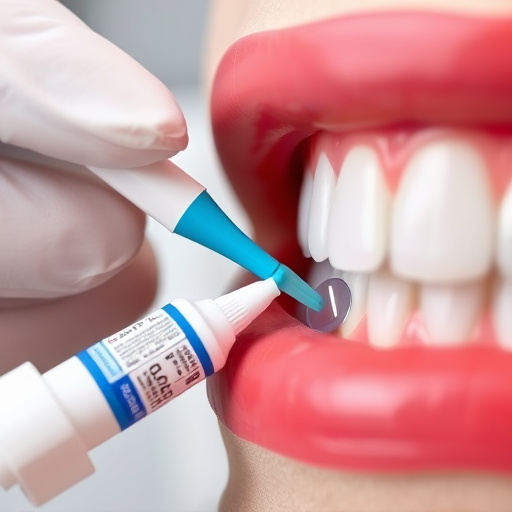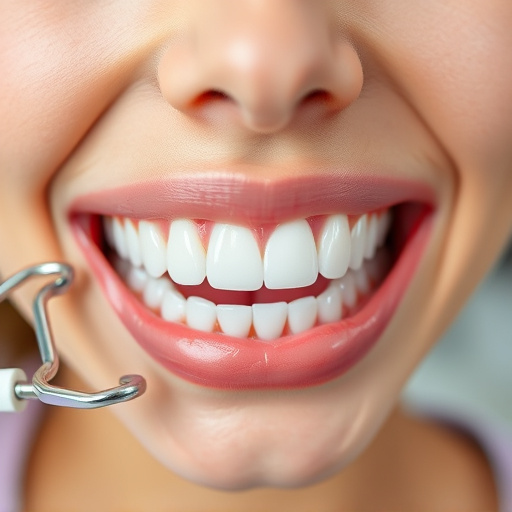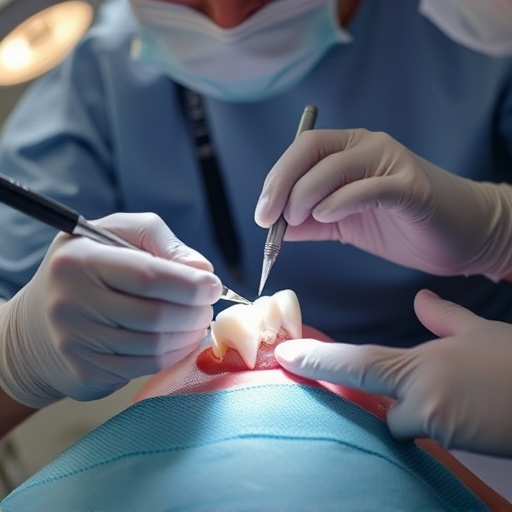Urgent dental care is a critical service addressing sudden oral health crises, from severe toothaches to knocked-out teeth. Trained professionals swiftly assess and treat emergencies, using techniques like fillings and adjustements on clear aligners for immediate patient comfort. This time-sensitive care prevents minor issues from becoming major, costing less and avoiding procedures like crowns or wisdom tooth extractions. Effective communication and strategic planning ensure efficient, reassuring environments that prioritize both oral health and overall well-being.
In today’s fast-paced world, unexpected dental emergencies can arise at any moment. This is where urgent dental care providers step in, playing a vital role in addressing acute oral health issues promptly. This article explores the critical need for urgent dental care and delves into the specialized training these professionals receive to deliver swift responses. From recognizing urgent cases to implementing efficient strategies, we uncover the impact of prompt dental assistance on patients’ well-being and overall satisfaction.
- Understanding Urgent Dental Care Needs
- Training for Quick Response: Strategies and Skills
- The Impact of Prompt Dental Assistance
Understanding Urgent Dental Care Needs
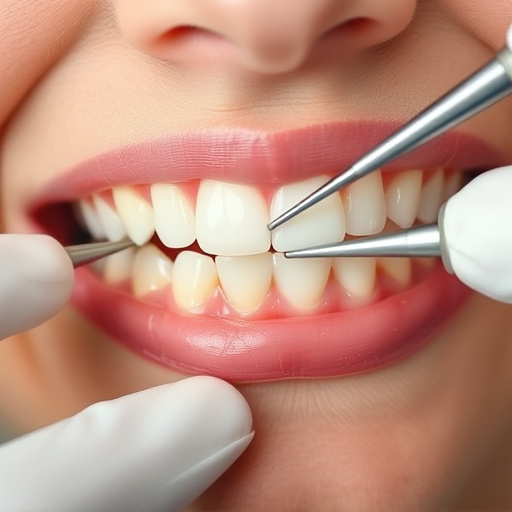
Urgent dental care is a crucial aspect of maintaining oral health, addressing immediate issues that require swift attention. These needs can arise from various situations, such as severe toothaches, oral injuries, or even sudden dental emergencies like a knocked-out tooth. Understanding these urgent care requirements is essential for both patients and providers. Many common issues fall under the umbrella of urgent dental care, ranging from acute infections to painful tooth fractures.
Dental professionals are trained to manage a range of cases, from providing emergency treatments to performing more complex procedures. This includes addressing dental emergencies that may disrupt daily life, such as severe tooth pain or bleeding gums. Additionally, urgent dental care services often involve restorative dentistry techniques for repairing damaged teeth and tissues, ensuring patients can regain comfort and functionality promptly. In some instances, cosmetic dentistry may also be indicated to enhance the appearance of teeth after an emergency, restoring confidence in one’s smile.
Training for Quick Response: Strategies and Skills
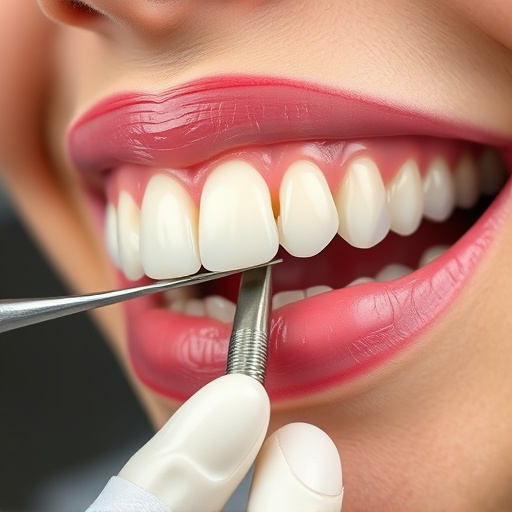
In the fast-paced world of urgent dental care, every second counts. Providers are trained to respond swiftly and efficiently, ensuring immediate relief for patients in pain or distress. This involves a multifaceted approach that combines strategic planning with practical skills. They learn to assess situations quickly, identifying the need for emergency procedures like dental fillings to stop bleeding or clear aligners adjustments for optimal comfort.
The training emphasizes time management techniques, from streamlining administrative tasks to optimizing equipment usage. Providers are taught to anticipate potential complications and have backup plans ready. Additionally, they develop communication skills to reassure anxious patients and their families, ensuring a calm and efficient environment. Regular drills and simulations further refine these responses, preparing them for the unique challenges that arise in urgent dental care settings.
The Impact of Prompt Dental Assistance
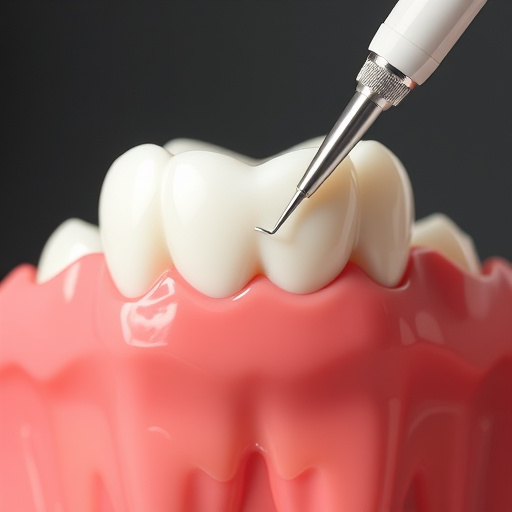
Prompt dental assistance is a game-changer when it comes to preserving oral health and overall well-being. In cases of dental emergencies, such as acute toothaches, severe abscesses, or traumatic injuries, every minute counts. Urgent dental care providers are trained to respond swiftly, ensuring patients receive the necessary treatment without delay. This rapid intervention can prevent small issues from escalating into more complex and costly problems, like the need for dental crowns or even tooth extractions, including wisdom tooth removal.
By addressing dental concerns promptly, these professionals not only alleviate patient pain and discomfort but also play a crucial role in maintaining overall health. Dental infections, if left untreated, can lead to systemic issues due to the oral cavity’s close connection to the body’s bloodstream. Thus, urgent care facilities equip themselves with the skills and resources needed to handle a variety of dental crises, from simple fillings to complex surgical procedures like tooth extractions, ensuring patients receive top-quality treatment in a timely manner.
Urgent dental care is a critical aspect of maintaining overall health, and providers play a vital role in ensuring swift responses. Through specialized training that focuses on quick assessment and treatment, these professionals are equipped to handle a range of dental emergencies. This article has explored the importance of urgent dental care, the unique challenges it presents, and the strategic training methods used to prepare practitioners for fast, effective interventions. By recognizing the impact of prompt dental assistance, we can appreciate the essential role urgent dental care providers play in improving patient outcomes and alleviating suffering.










